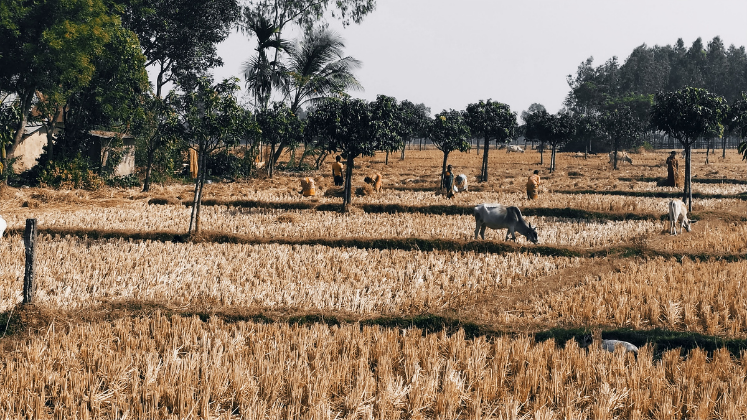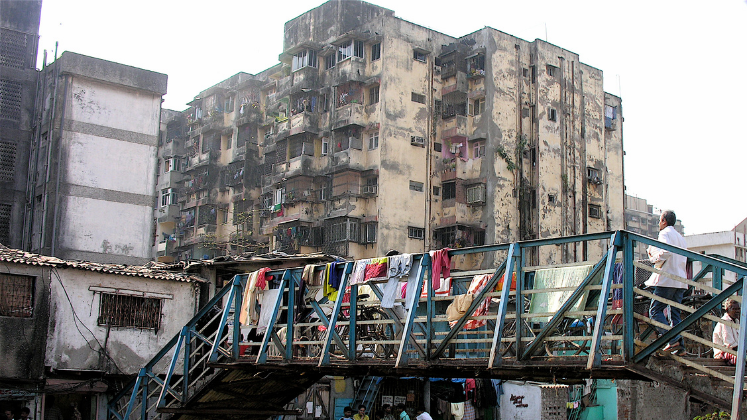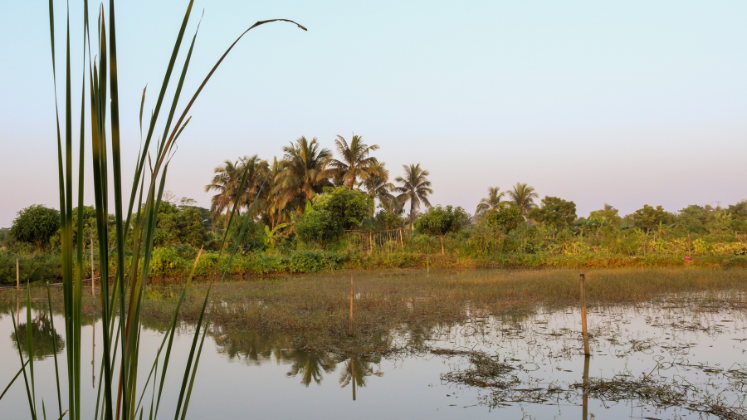In Cultivating Democracy: Politics and Citizenship in Agrarian India, Mukulika Banerjee explores how agrarian life in rural India creates values of citizenship and active political engagement that are essential for the cultivation of democracy. The book provides a rich and nuanced perspective on the complexities of politics and citizenship in rural India, writes Kishor K. Podh.
If you are interested in this book review, you can watch a video or listen to a podcast of Dr Mukulika Banerjee in conversation with Professor Lea Ypi and Dr Yascha Mounk on ‘The Future of Democracy’ as part of LSE Festival 2022.
Cultivating Democracy: Politics and Citizenship in Agrarian India. Mukulika Banerjee. Oxford University Press. 2022.
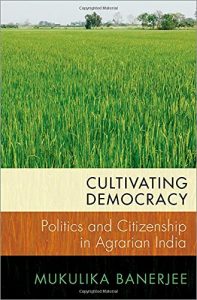 Find this book (affiliate link):
Find this book (affiliate link):![]()
Mukulika Banerjee’s book, Cultivating Democracy, is the outcome of decades-long ethnographic analysis of the relationship between political institutions and ordinary citizens in rural India, focusing particularly on Madanpur and Chisti, two villages in West Bengal. It demonstrates how everyday micro-politics foster active engagement with the macro-politics of the state, mainly through three separate but interlinked events in the agrarian set-up of village life. Banerjee demonstrates how day-to-day events in a rural agrarian society contribute to the development of social norms and the intellectual space necessary for individuals to participate effectively in India’s democratic processes.
Banerjee discusses the inherent tension between ‘democracy’ and ‘republic’ and how villagers negotiate it differently. She highlights that, after independence, India chose to become a sovereign ‘democratic republic’. While ‘democracy’ denotes the relationship between the state and its citizens, the idea of ‘republic’ is committed to ensuring ‘equality among its citizens’ in a highly unequal society like India. While democracy can be achieved through legal and formal institutional mechanisms, the notion of republic is much more aspirational and needs significant efforts for its values to be upheld.
One of the key insights of Cultivating Democracy is how democracy and citizenship are shaped by the complex political and social dynamics of rural India. Banerjee argues that the struggle for democracy and citizenship in rural India is not only about political rights and representation but also about access to resources and the ability to participate in the political process. She challenges the dominant view of democracy and citizenship as simply a matter of formal political rights and representation. The book argues that the formalisation of democracy as a political system, such as through elections and elected politicians, disregards its ethical project, which requires republican values (15).
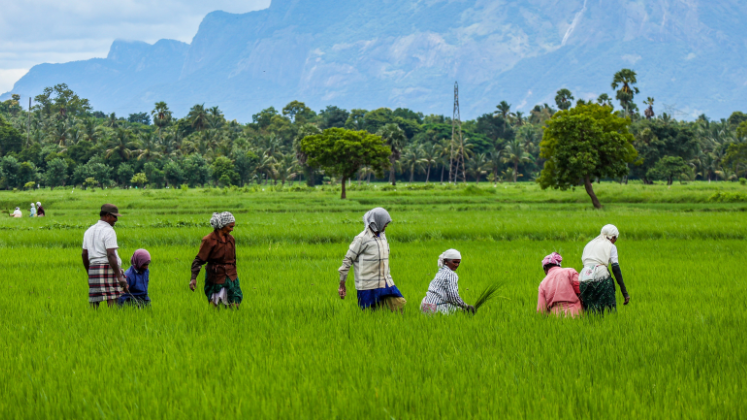
Photo by Sreehari Devadas on Unsplash
Banerjee argues that the political struggles of rural people are closely tied to their everyday struggles for survival and wellbeing. For example, the struggle for access to land and water is closely tied to the struggle for political representation and citizenship. This important insight helps to explain how political struggles and everyday life are interconnected in rural India.
Furthermore, Banerjee rightly challenges the stereotypical image of agrarian life, which is dominated by the figure of a male farmer involved in agriculture who lives in a village and earns a livelihood by cultivating crops on his land. This is a restrictive and misleading idea, given that the majority of work is undertaken by female workforces (16). Banerjee also addresses the challenge of defining agriculture and agrarian issues. For instance, she points out the difficulties arising from the wide-ranging official definition by the National Policy for Farmers which includes ‘all agricultural operation holders, cultivators, agricultural labourers, sharecroppers, tenants, poultry and livestock rearers, fishers, beekeepers, gardeners, pastoralists, [and] non-corporate planters’ (16).
The cultivation of democratic values in rural India takes place during significant social events, including overtly political and counter-political events, and in formal and informal contexts, both inside and outside formal political institutions. At its core, the central theme of Cultivating Democracy is how democratic values evolve and are shaped by everyday interactions in agrarian society through four events: scandal; harvest; sacrifice; and election.
Firstly, the book explores a scandal caused by the unilateral intervention by the ‘Comrade’ (the powerful local representative of the party-state) in a romantic affair between two young cousins in the village, whereby the Comrade made them marry despite the religious proscription against it. This chapter illustrates how the people of Madanpur and Chishti united against the Comrade’s politics through ideas of friendship, kinship, party loyalty and marriage. This event demonstrates how the process of resolving the scandal brought the villagers together.
Secondly, through the paddy harvest, Banerjee captures the complex dynamics between landowners, workers, agricultural union members and the Comrade. Evening prayer meetings during the holy month of Ramzan coincided with the harvest, leading to the public expression of newly formed solidarities.
The third event focuses on the ritual of Qurbani, an important element of one of the two Eids Muslims celebrate globally. Other festivals, such as Muharram and Eid-ul-Fitr, are also described in detail to demonstrate how the Islamic community, which lives a syncretic life in the two villages, faces challenges from recent Islamic movements in South Asia and beyond. This chapter explores the concept of ritual and its significance in shaping societal values, including the importance of sacrifice, self-restraint from everyday antagonism and the idea of the sacred and the transcendent.
Lastly, Banerjee analyses elections, one of the significant events spanning macro and micro levels of village-based electoral dynamics. She argues that significant electoral events, such as the ending of the power of the Left Front after 34 years, can only be explained by analysing processes at the local level. She focuses on the machinery of election campaigns and the web of campaigners over nine elections, which includes public rallies, door-to-door campaigns and private discussions within families, to comprehend the creation of political subjectivity among citizens of India.
Banerjee’s work indicates the deepening democratic values shaping people’s behaviour in rural areas, which are often stereotyped as sites of backwardness and ignorance. Her sensitive analysis focuses on several events in the life of the villages to show how India’s agrarian rural society helps create practices and conceptual space for these citizens to participate effectively in India’s great democratic exercises. However, the book could give more attention to contemporary political developments and their impact on India’s democratic project: for example, the rise of majoritarian populism, religious intolerance and caste conflict.
Cultivating Democracy is well-written and easy to follow, making it accessible to a wide range of readers. It is also well-researched and well-argued, drawing on a variety of sources and providing comprehensive and nuanced understanding of the subject. Banerjee has done a great job of weaving together theoretical and empirical insights to provide a rich and nuanced perspective on politics and citizenship in rural India, challenging the dominant view of democracy and citizenship as simply a matter of formal political rights and representation. Overall, the book contributes to the literature on Indian politics, democracy and citizenship. Cultivating Democracy is recommended to anyone interested in understanding the complexities of politics and citizenship in the Global South.
Note: This review gives the views of the author, and not the position of the LSE Review of Books blog, or of the London School of Economics and Political Science. The LSE RB blog may receive a small commission if you choose to make a purchase through the above Amazon affiliate link. This is entirely independent of the coverage of the book on LSE Review of Books.


